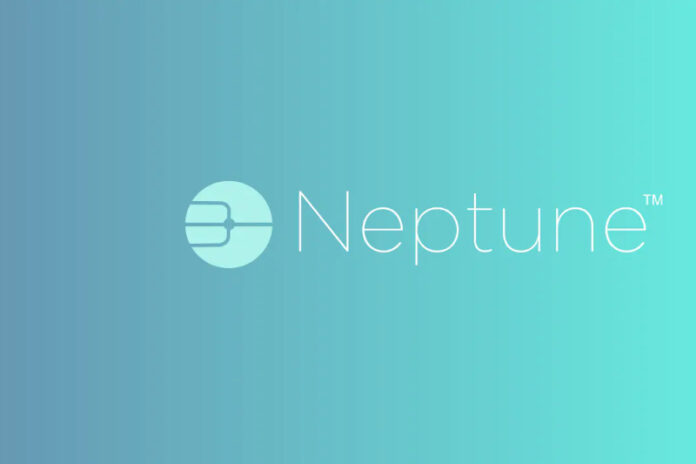Lenovo announced the launch of the fifth generation of Lenovo Neptune direct water-cooling technology, along with a range of sustainability services to help customers reach their sustainability goals. The enhanced portfolio comes as part of ThinkSystem’s 30th anniversary celebrations and delivers advanced sustainability services, including packaging and product design.
The fifth-gen Lenovo Neptune direct water-cooling technology extends industry-leading data centre efficiency to a broader range of servers, recycling loops of warm water to cool systems and enabling customers to reduce power consumption up to 40%. Lenovo Neptune now includes support for the latest processors from AMD and Intel. It expands water cooling to support both fourth-generation Intel Xeon Scalable and fourth-generation AMD EPYC processors and GPUs from NVIDIA and Intel, delivering better performance.
“As a global technology leader, we are invested in not only bringing the world-changing innovations but also driving differentiation with ESG goals, sustainable business practices, product designs, and services — ultimately helping our customer advance their sustainability goals,” said Sumir Bhatia, President, AP, Lenovo ISG. “The fifth-gen Neptune technology and carbon offset services are big enablers, helping our customers reduce their environmental footprint. Moreover, with Lenovo TruScale sustainability services, businesses of all sizes can benefit from the subscription-based offering and reduce their energy consumption. We are committed to accelerating our emission reductions to achieve the net-zero goal by 2050, taking our customers and partners with us on this journey.”
Lenovo leads the HPC server industry in the use of warm-water cooling and is extending alternative cooling solutions with Neptune, which range from liquid-assisted air cooling to direct water-cooled GPUs and CPUs:
- Closed-loop cooling design
- Water lines run to node, cooling down CPUs
- Each server requires 155W less fan power
- Liquid-assisted air cooling
- Thermal Transfer Module (TTM) advanced heat sink uses liquid to channel heat away from CPU
- Liquid-to-air heat exchanger (L2A) – closed loop liquid cooled GPUs
- Direct warm-water cooling
- Component level cooling for CPUs, GPUs, RAM, PCIE, PSUs
- Runs CPU and GPUs faster for sustained performance
- Removes more than 90% of heat generated by the server
“The demand for greener products and services is at an all-time high as more businesses and organisations in Singapore place a greater emphasis on sustainability. With our technological advancements, we are empowering our customers and partners to adopt innovative practices and solutions that can minimise their environmental footprints,” said Kumar Mitra, Director and Regional General Manager, Central Asia Pacific, Lenovo ISG. “Our enhanced Lenovo Neptune warm-water cooling technologies have the potential to reduce carbon emissions and total power consumption by up to 40%. This, combined with the expansion of CO₂ offset services to select Lenovo ThinkSystem servers, will enable us to become a more responsible solutions provider and support our vision to achieve net zero by 2050, while also helping our customers meet their sustainability goals.”
Sustainable solutions
Lenovo’s enhanced portfolio delivers advancements in sustainable computing by expanding the carbon offset service from intelligent devices to the IT infrastructure, allowing customers to apply CO₂ offset credits to a partner organisation that supports United Nations’ CO₂ offset projects, including reforestation, renewable energy, and solar.
Additionally, newly available Lenovo TruScale Sustainability services offer pay-as-you-go utilisation that helps prevent over-provisioning and supports reduced energy consumption. Lenovo continues to provide asset recovery services for IT infrastructure; allows IT reuse, recycling, disposal; and mitigates environmental and data security risks associated with end-of-life asset disposal.
Furthermore, the advancements in sustainability services, packaging, and product design (which are designed for the circular economy) are helping customers reach their sustainability goals. These advancements include a new server-packaging solution that is environmentally friendly. It reduces marine plastic waste and carbon emissions, making packaging materials 100% recyclable. Additionally, Lenovo server bags contain 30% recycled ocean-bound plastic (OBP). Innovative packaging design uses a rack integration method of shipping servers pre-installed in racks, saving over 3.5 million pounds of cardboard to date.
Together, these advancements help Lenovo customers meet sustainability goals and support Lenovo’s vision to achieve net zero by 2050.
















